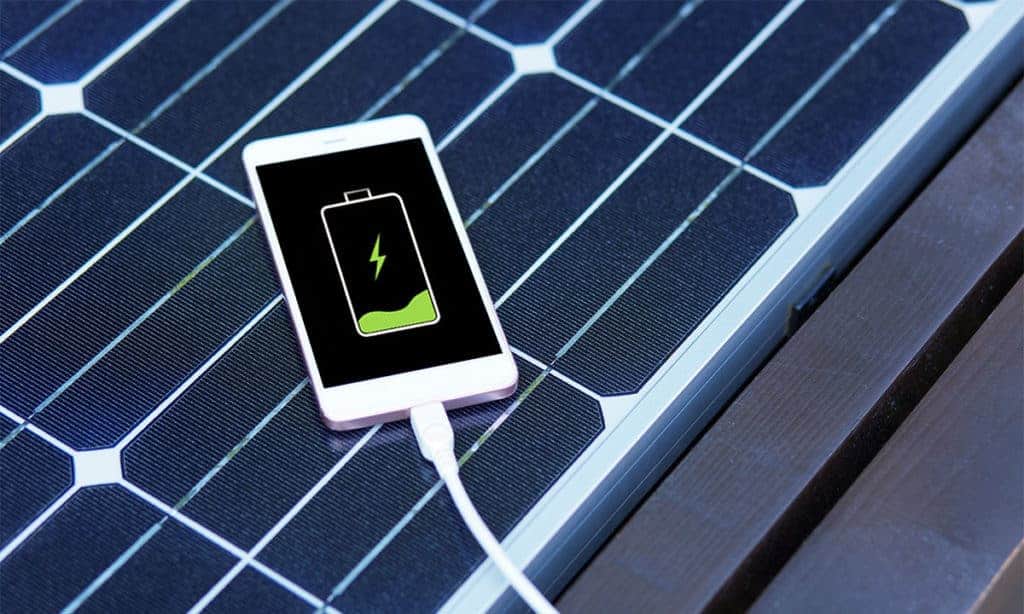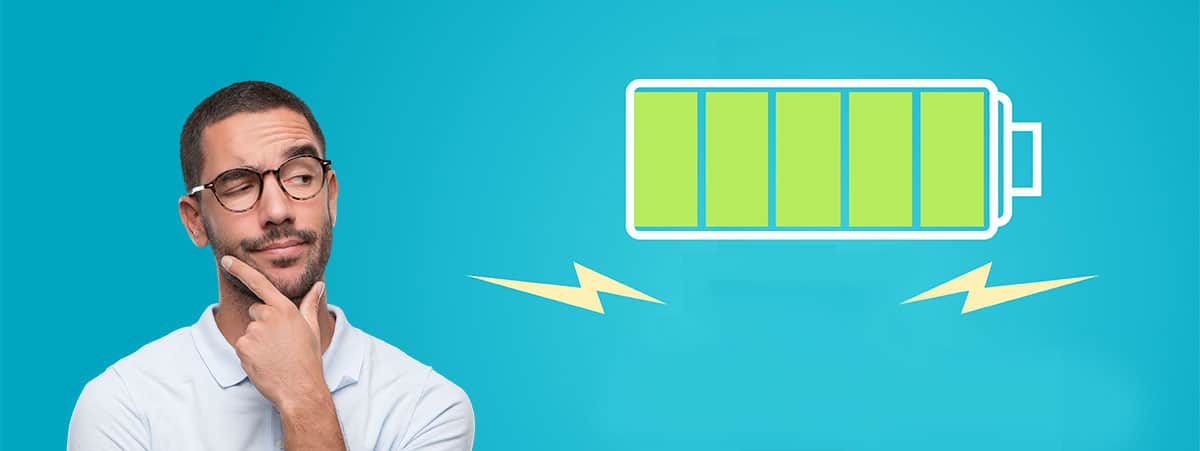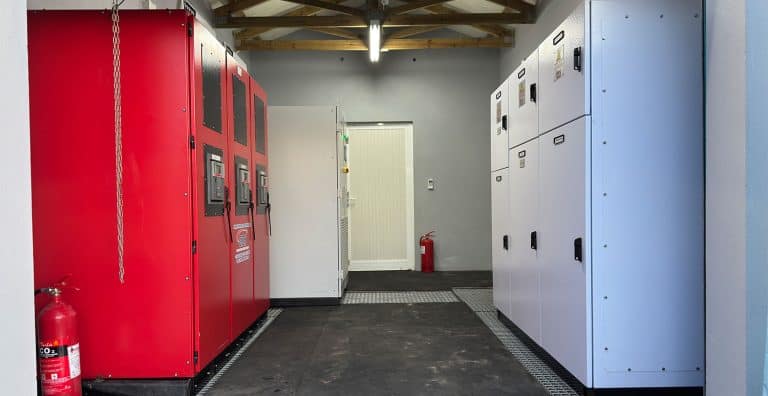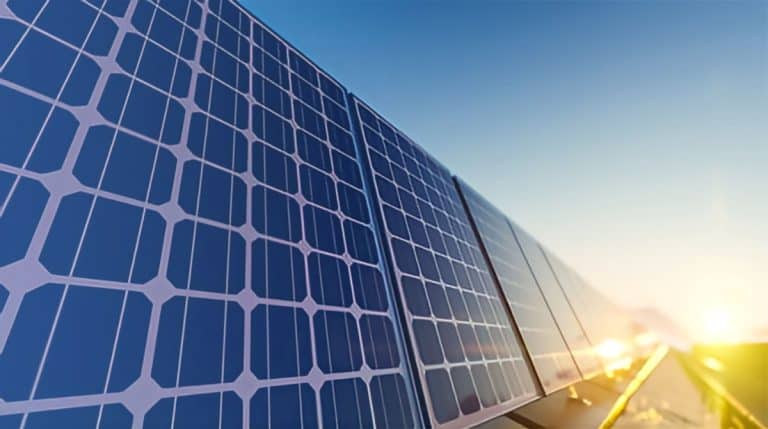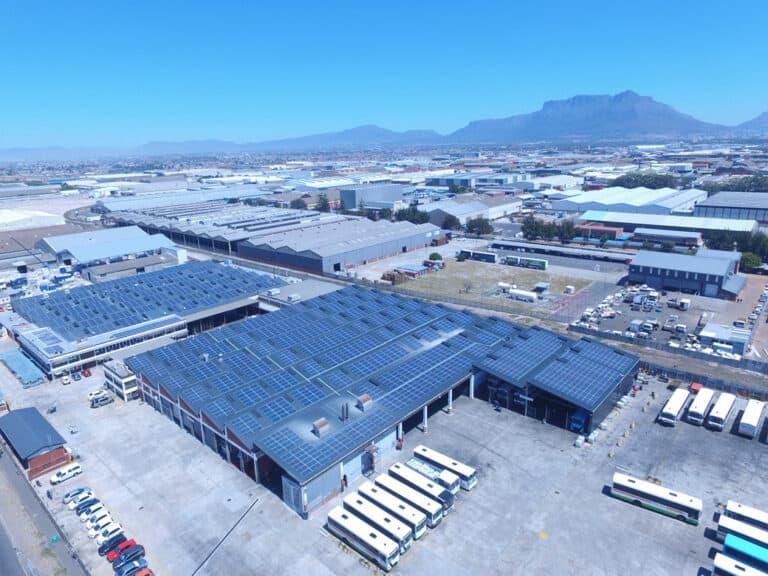When connected correctly and efficiently, battery powered solar panels are a great way to save money and electricity as well as power your home.
A battery system, also know as an energy storage system, is very beneficial especially if you want more onsite energy. Battery powered solar panels can also be used to save energy to use as backup power in the event that the grid goes down.
But how do batteries power solar panels?
Most solar panels will connect to your home or office directly via a power inverter and then connect it to the home grid, or connect the inverter to the battery and then to the home power grid.
In order to make an informed decision to connect your solar panels to a battery, there are questions that need to be asked.
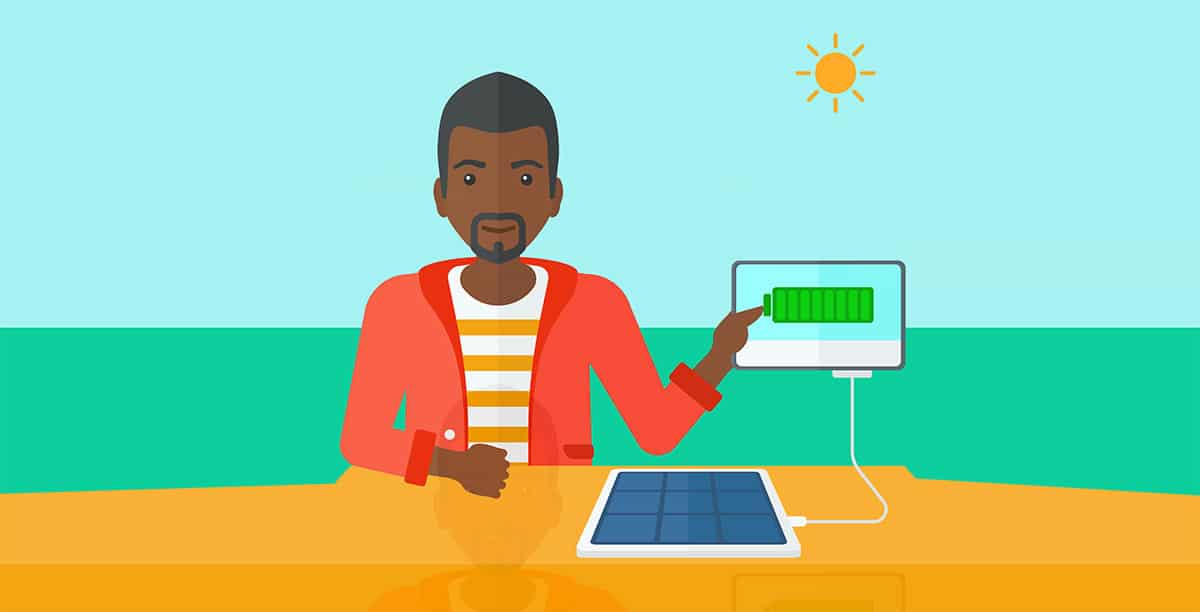
Can I connect my solar panel directly to a battery?
The good news is that with battery technology making massive strides in recent years, there are now a number of batteries on the market. The type of battery system required will depend on your needs.
In order to know whether you can connect your panels to a battery will depend on if your solar panel system was designed with the intention of adding energy storage later on.
A storage ready system is one that has an inverter that can integrate a battery. If the system was not designed to add storage, it becomes more complicated.
How do you connect a solar panel to a battery?
The first step is looking at how your system was installed, “AC coupled” solution, or an inverter replacement.
- With an alternating current (AC) coupled solution, the battery is installed with a separate inverter that is integrated into your home’s energy system.
- An inverter replacement requires you to replace your existing solar inverter with one that works with your battery.
How many solar panels does it take to charge a 12 volt battery?
Once the system is up and running, you will want to know how many solar panels are needed to charge a 12 volt battery.
The answer: a 10-watt solar panel is needed. However, other accessories are also needed to distribute power to a battery’s cells.
Keep in mind that in order for the panel to produce maximum-rated power, it requires direct sunshine on the surface of the panel. Overcast sky, shadows, improper mounting angle, equatorial direction or short winter days will diminish the actual solar panel output to below the rated values.
Which batteries are compatible with my system?
Lithium batteries are in most cases the best option, however other options are available.
- Lead Acid – these batteries are the least expensive however they have a relatively shorter life span.
- Saltwater – saltwater batteries are the latest addition to the battery group and don’t contain heavy metals, relying instead on saltwater electrolytes.
- Lithium Ion – Lithium ion batteries are lighter and more compact than lead acid batteries.
For more information on powering your home and business using solar power, and reducing your energy costs, contact New Southern Energy.


